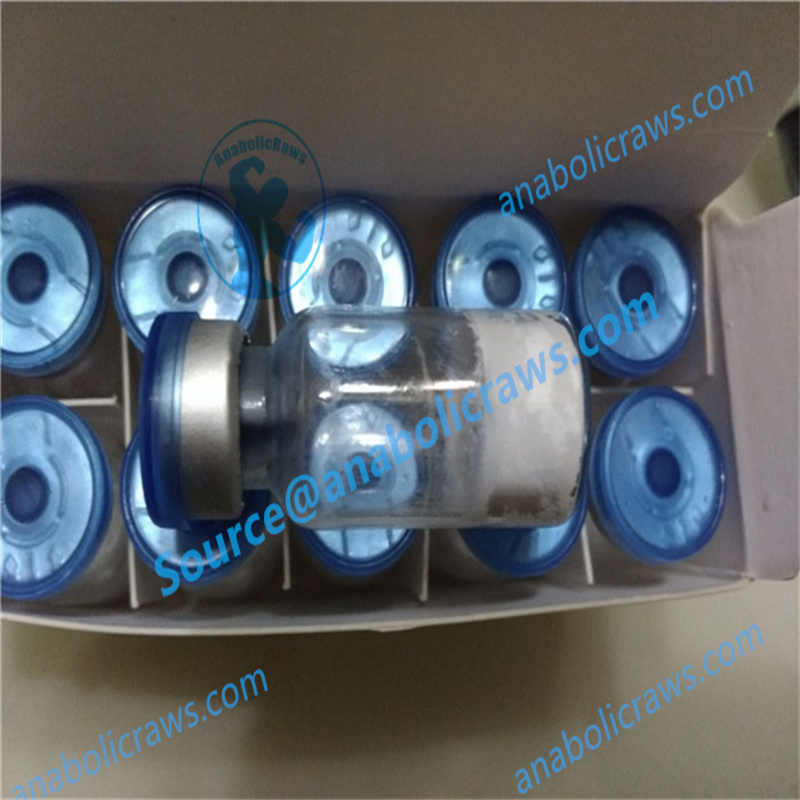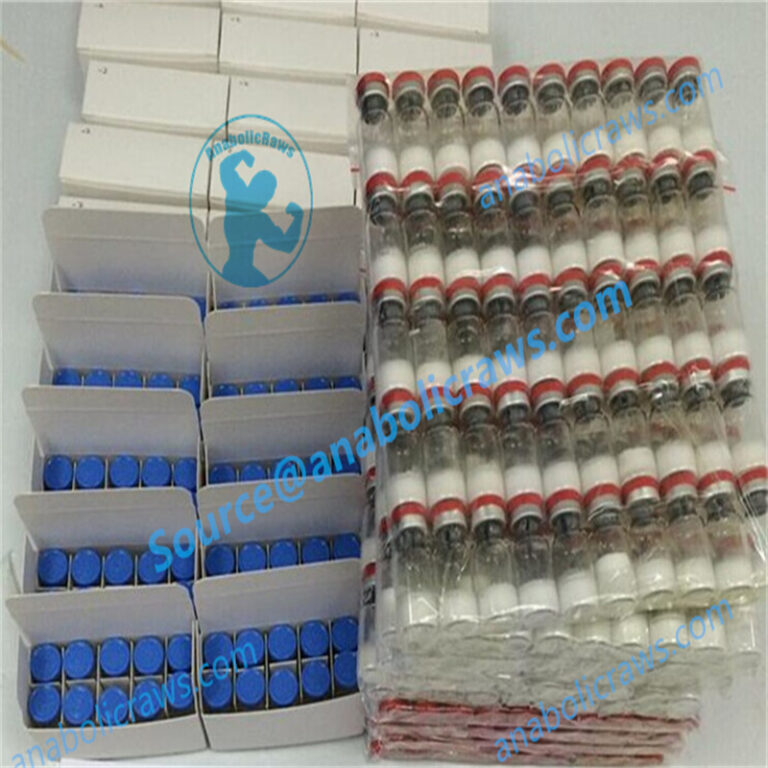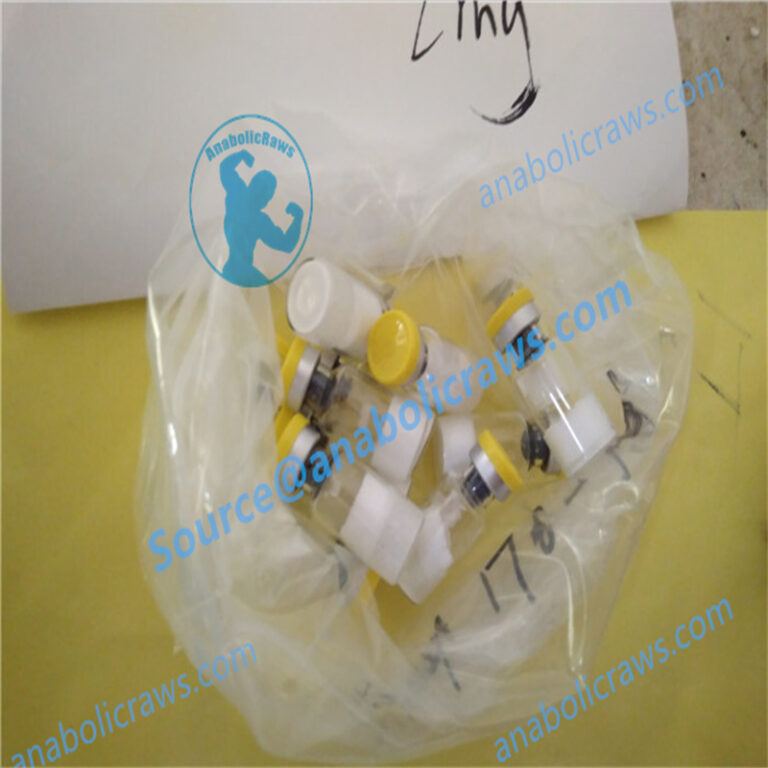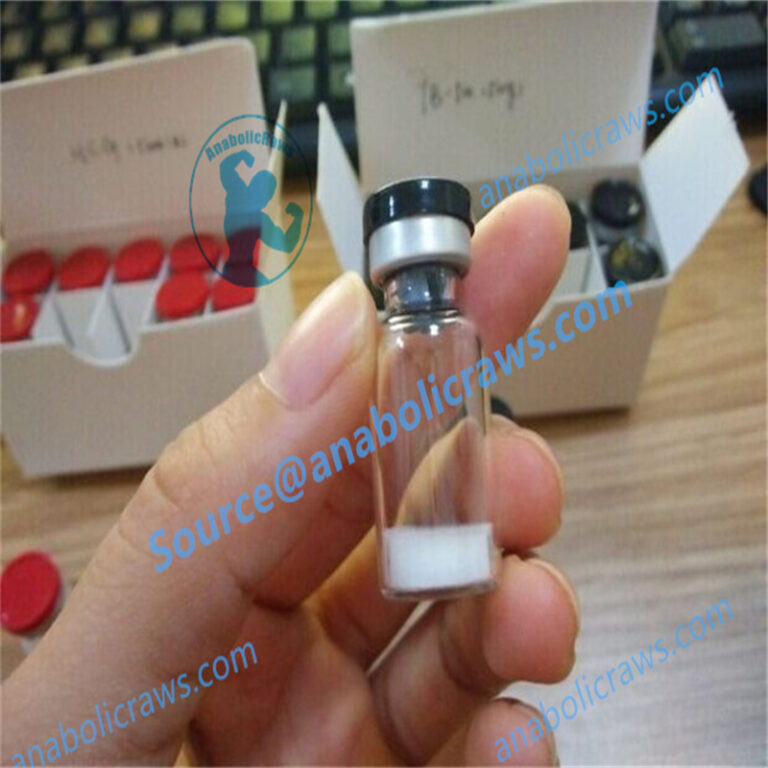Description
CJC-1295 is basically a peptide hormone that acts similar to growth hormone releasing hormones (GHRH),it is beneficial to athletes because it can bioconjugate with circulating albumin and increase the time it can be used for medical purposes. It achieves this by preventing degradation of its amino acids. With a single dose, it can remain in the body for quite a few days and can cause the growth hormone to be released many times per day. This reduces the frequency of injections needed.
CJC-1295 increases the production of growth hormone as well as IGF-1 – which has anabolic effects in adults. However, it does not increase the levels of prolactin – high levels of which can create impotence and mental health problems in men. By increasing these two hormones, it enhances protein production in the body, which in turn, boosts muscle mass. It also induces lipolysis – the breakdown of fat tissue, boosts recovery from injuries, increases bone density, and also reduces aging factors like skin wrinkles. It can also stimulate cell growth, due to which it can be used to treat withered tissue or organs.
GHRH’s are paired specifically with GHRP’s in order to create a synergy between the peptides that will unlock the body’s own stores of growth hormone. Even though many peptides work in some capacity by themselves, it is most beneficial to run your GHRH alongside a GHRP. This is why CJC 1295 is highly desirable, and it’s one of the most widely used in the bodybuilding community. Right now, it has been debated which CJC 1295 is best to use. While MOD GRF (CJC 1295 no DAC) is commonly used with GHRP’s to increase pituitary GH pulse, more frequent injections will need to be administered. The CJC 1295 with DAC will result in a series of smaller pulses; therefore, injections will be less frequent – often two to three times a week.
DAC Or No DAC?
As I have just stated above, when a person sees the term CJC 1295 without DAC this is really means that they are looking at MOD GRF 1-29. This tetrasubstitued peptide is a modified version of the original GRF 1-29 peptide better known as Semorelin. Due to the extreme short half life of the original GRF 1-29, chemists were able to modify the peptide to offer a longer biological activity that reduced the metabolic clearance. Although with MOD GRF 1-29 its modification had resulted in a greater peptide bond, the average user will still likely need to inject two to three times a day with a GHRP to get the maximum effectiveness for releasing endogenous growth hormone.











